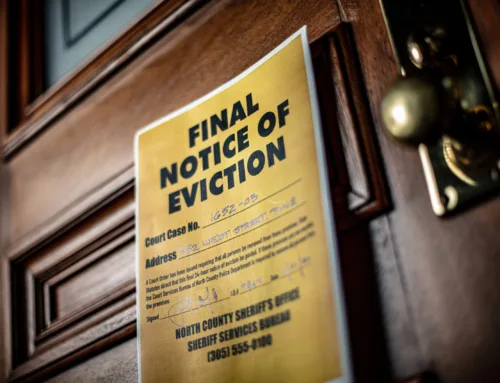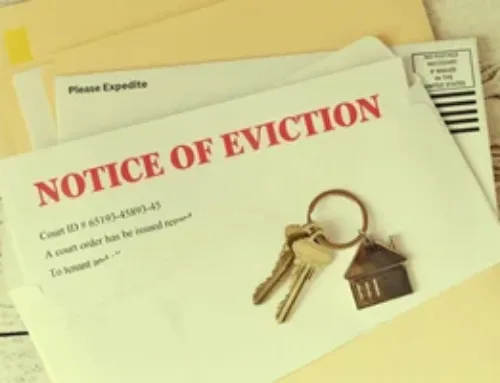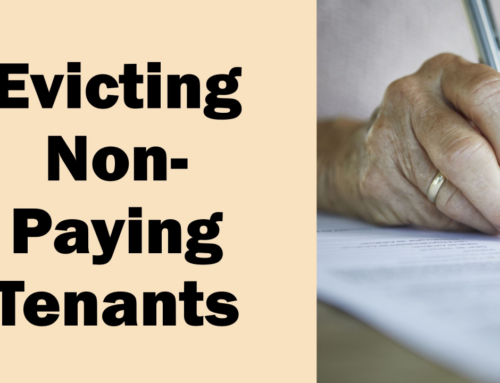The COVID-19 pandemic has dramatically reshaped many aspects of life, including the housing market. From job losses to health concerns, the crisis has had a profound impact on both landlords and tenants. As millions faced financial hardships, evictions became a significant issue, prompting changes in rental agreements and legal frameworks. This blog will explore the effects of COVID-19 on evictions and rental agreements, shedding light on the challenges and adaptations that have emerged. Want to know more about “The Future of Rental Agreements and Evictions”.
Understanding the Context
Financial Strain on Tenants
As the pandemic led to widespread layoffs and reduced incomes, many tenants struggled to meet their rent obligations. The economic downturn hit low- and middle-income households the hardest, often resulting in:
- Increased Rent Arrears: Many tenants fell behind on their rent, leading to mounting debt.
- Financial Anxiety: Uncertainty about job security and future income created significant stress among renters.
Response from Governments and Organizations
In response to the crisis, federal and state governments implemented various measures to protect tenants:
- Eviction Moratoriums: Many states introduced temporary bans on evictions, preventing landlords from removing tenants who could not pay rent due to COVID-19-related hardships.
- Emergency Rental Assistance: Government programs were established to provide financial support to tenants facing eviction, helping them pay back rent and avoid homelessness.
Changes in Rental Agreements
Lease Modifications
In light of the pandemic, many landlords and property management companies modified their rental agreements to accommodate tenants’ changing needs. Some common changes included:
- Flexible Payment Plans: Landlords began offering more flexible payment options, allowing tenants to pay in installments rather than a lump sum.
- Reduced Rent: Some landlords voluntarily reduced rent temporarily to retain tenants during the financial crisis.
- Amendments for COVID-19: New clauses were added to leases addressing issues like health and safety protocols and what happens in the event of future pandemics.
Increased Importance of Communication
The pandemic highlighted the need for clear communication between landlords and tenants. Many landlords adopted a more empathetic approach, recognizing the challenges tenants faced. Open dialogue allowed both parties to address concerns and negotiate solutions collaboratively.
The Eviction Crisis
Rise in Eviction Filings
Despite the protections in place, eviction filings surged as moratoriums expired. Once legal barriers were lifted, many landlords rushed to regain possession of their properties. The result was a spike in:
- Eviction Court Cases: Courts across the country saw an influx of eviction cases, leading to backlogs and delays.
- Displacement: Many tenants who had been struggling throughout the pandemic faced sudden eviction, exacerbating homelessness and housing instability.
Long-Term Effects
The long-term consequences of the eviction crisis are yet to be fully understood. However, some anticipated outcomes include:
- Increased Homelessness: The rise in evictions may contribute to a significant increase in homelessness, particularly among vulnerable populations.
- Housing Market Changes: The surge in evictions could impact housing supply and demand, influencing rental prices and market stability.
Conclusion
The COVID-19 pandemic has had a profound and lasting impact on evictions and rental agreements. While the crisis prompted innovative solutions and temporary protections for tenants, it also exposed vulnerabilities within the housing system. As we navigate the aftermath of the pandemic, both landlords and tenants must adapt to the new reality, focusing on communication and collaboration to foster stability in the rental market.
Moving Forward
As the housing market continues to recover, stakeholders must advocate for policies that support renters and landlords alike. Ensuring affordable housing options and access to resources for those in need will be crucial in preventing future crises.
Facing rental issues or eviction concerns? Discover your options with us—Get a Cash Offer for Your House Today
FAQs
1. What is an eviction moratorium?
An eviction moratorium is a temporary ban on evictions, preventing landlords from removing tenants from their rental units, usually implemented during emergencies like the COVID-19 pandemic.
2. How can tenants find assistance for unpaid rent?
Tenants can seek assistance through local government programs, non-profit organizations, and community resources designed to provide financial aid to those affected by the pandemic.
3. What should landlords do if a tenant is unable to pay rent?
Landlords should consider open communication with tenants, exploring options like flexible payment plans or temporary rent reductions. It may also be helpful to consult legal advice regarding eviction processes.
4. Are there legal changes to rental agreements due to COVID-19?
Yes, many landlords have modified rental agreements to include flexible payment options, health and safety clauses, and other adjustments to accommodate tenants during the pandemic.
5. What are the long-term implications of the eviction crisis?
The long-term implications may include increased homelessness, changes in housing market dynamics, and the need for policy reforms to better protect vulnerable populations in future crises.











